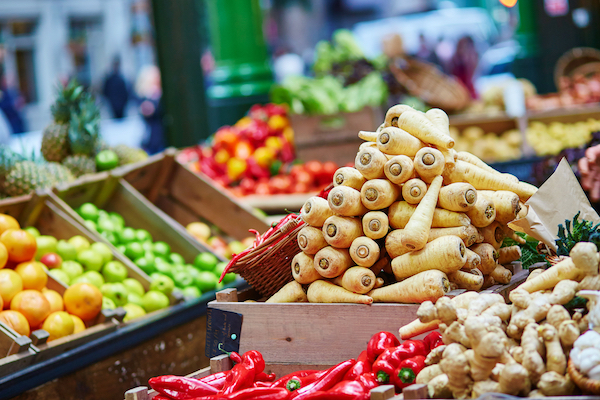
Although we all ‘know’ about plastic pollution, in many ways, many of us are blind to the scope of the issue.
Take a walk around your local supermarket, for example. Plastic packaging encases almost every kind of product, even birthday cards. The list goes on.
When you order clothes online, what do they arrive in? A plastic bag.
It is estimated that England alone uses 1.1 billion single-use plates and 4.25 billion items of single-use (mostly plastic) cutlery per year and that just 10 per cent of these are recycled on disposal.
Data also shows that we use 2.5 billion disposable but unrecyclable coffee cups, which typically have an invisible plastic liner, per year.
Following the passage of the Environment Act of 2021, the UK government recently consulted on introducing a ban on single-use plastics including:
The Environment Act gives the government powers to place charges on single-use items, such as the 5p charge for plastic bags in grocery stores.
In addition to a ban on single-use plastics, stakeholders were also asked for their views on banning of mandatory labelling of other plastics such as wet wipes, tobacco filters, sachets and other single-use cups.
Importantly, the government is looking to ‘put the responsibility firmly at manufacturers’ doors. In April 2022, a plastic packaging tax was introduced for businesses manufacturing or importing plastic packaging which does not meet a minimum threshold of 30 per cent recycled content. The tax is currently set at £200 per tonne.
How can we all reduce single-use plastic pollution?
First and foremost, being aware and avoiding buying or using single-use plastics at all. If you’re already an avid recycler, then you’re doing a great job, but why not take it a step further and avoid buying plastic in the first place?
To avoid single-use plastics, try carrying a reusable drink bottle or coffee cup. Carrying your own metal or bamboo straw and foldable, metal cutlery eliminates the need for disposable alternatives.
Opting for non-packaged fruits and vegetables in supermarkets, or yoghurt packaged in glass containers rather than plastic ones is a good place to start. You can also look for goods packaged in cardboard, alternatively to plastic. Buying products in bulk can also help to reduce the amount of plastic you purchase.
When was the last time you visited a local, market? Supermarkets have become many people’s first choice for grocery shopping, but markets are a great place to shop for fruit and veg without purchasing any plastic at all. If you aren’t sure where your local market is, you can use this tool.
Specialist PR agency
We serve clients who want support from public relations professionals who can assist them with their communication programmes. Our work includes PR strategy, media liaison, writing, marketing, brochure and web design.
Our clients want support from people who will be proactive in their approach and who have their clients’ interests at the heart of what they do.
Based in Surrey, we serve clients from around globe looking for a positive impact to their communication activity.